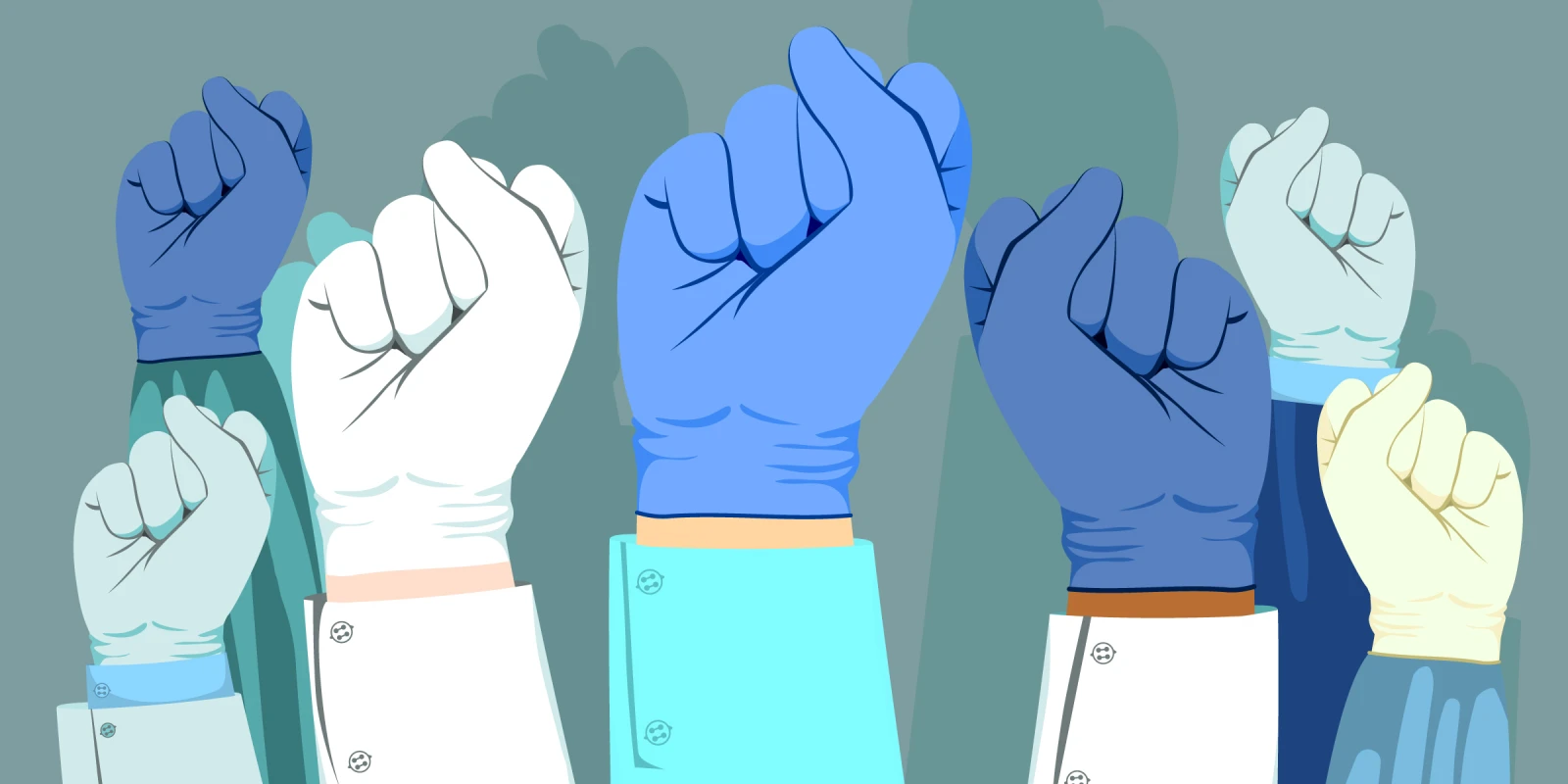As emergency medicine physicians working across New York hospitals, we and Mayor Eric Adams are similarly concerned about the rise in violence and mental health challenges affecting our communities. However, his recent plan to involuntarily hospitalize New Yorkers unable to care for themselves due to mental illness is not grounded in the ramifications of the COVID-19 pandemic on health care at large, the history of mental health criminalization, or even the reality of hospital resource strain and current functioning. It is a political decision laden with moral hypocrisy akin to a legacy of problematic policing efforts in New York City. This plan will harm all potential ER and hospital-bound New Yorkers.
Every day, we care for individuals who come to our hospitals for mental health crises. Our federally mandated responsibility is to evaluate all patients and determine the etiology of acute mental status change. This medical evaluation is not as simple as directing patients to a psychiatric bed — it includes an array of lab tests and imaging. In the most ideal circumstances, this process lasts hours. Medical evaluation may determine that the patient’s symptoms are entirely psychological. Unfortunately, this clearance does not imply that the patient will receive immediate psychiatric attention due to limited psychiatric beds. Patients “board,” or remain physically present in the ED, for hours to days waiting for an inpatient bed. This boarding period does not provide a therapeutic environment for a mental health crisis, sometimes featuring dangerous and violent behavior directed at staff or other patients.
In an era of health care workforce burnout and attrition, historically high patient volumes and acuity, and several concurrent widespread viruses, hospitals do not have the staff, resources, or space to ensure the safety of these patients. Furthermore, the limited number of psychiatric hospital beds and legal definitions for involuntary hospitalization means that there is immense pressure to discharge patients as quickly as possible. From initial assessment and hospitalization, to coordinating outpatient follow-up, care of patients with mental health challenges is resource-intensive and unsafe.
Decreeing that we “will find a bed for everyone” is a noble yet impractical goal. The same sentiment was announced in January 2022 with New York City’s subway violence program, which sought to create shelter and psychiatric beds; to date, there is no evidence that this approach was successful. Adding the promised 50 psychiatric beds across a city of 8.47 million people is not adequate. The rise in violence and mental health challenges across the U.S. is indeed alarming, requiring thoughtful solutions that consider historical context and health system design.
In the 1960s, a large deinstitutionalization movement resulted in the closure of mental health facilities across the U.S., attempting to restore patients to their communities. Subsequently, most of this population was forcibly incarcerated in prisons, receiving similarly poor care. In the past few years, major health systems in New York City have reduced their numbers of psychiatry inpatient beds by the hundreds, as such hospitalizations do not generate revenue. Inpatient psychiatric wards are designed to pharmacologically treat and then discharge patients to outpatient care. Patients are quickly returned back to face the social determinants that exacerbate mental health crises. Regulatory and financial innovation can incentivize practical solutions for our patients with mental illness, such as a network of community-based mental health facilities with expertise, dedicated funding, creativity in EMS transportation protocols, and integration into our health care infrastructure.
We have independently cared for the same patient population who are often cleared by our psychiatric consultants and discharged only to face the homelessness, poverty, addiction, and other social determinants of health that reinforce mental illness. Focusing on upstream causes, such as affordable housing and access to addiction resources, could heal communities instead of costing taxpayers hundreds of thousands of dollars for little improvement in patients’ health. Until then, Mayor Adams’s plan criminalizes homelessness and mental illness with discriminatory policing practices that will harm our workforce and the community members this policy aims to help.
How do you feel about Mayor Adams's initiative? Share your opinions in the comments.
The authors are emergency medicine physicians in New York City committed to social justice and equitable health care for all.
Image by Kakigori Studio / Shutterstock






